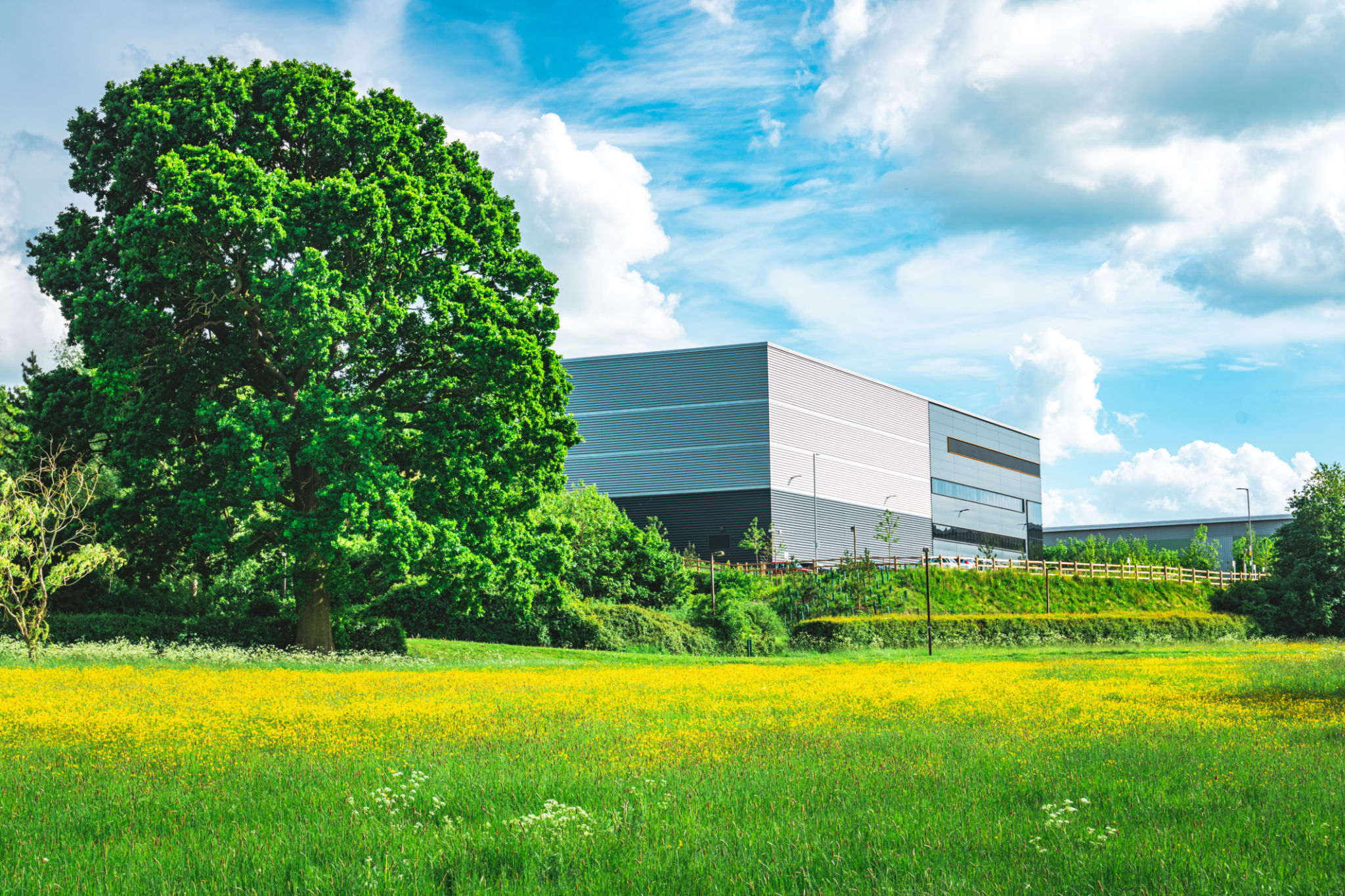How to Choose Eco-Friendly Wholesale Fashion Products
Understanding Eco-Friendly Fashion
In recent years, the fashion industry has been shifting towards sustainability, with more brands opting for eco-friendly practices. Choosing eco-friendly wholesale fashion products is a great way to contribute to this movement, ensuring that your business supports ethical and sustainable practices. But how do you make the right choices? Understanding what makes a product eco-friendly is the first step.
Eco-friendly fashion involves using materials and processes that have a reduced impact on the environment. This includes organic materials, recycled fabrics, and non-toxic dyes. It's also about ensuring fair labor practices and reducing carbon footprints throughout the supply chain. By opting for these products, you contribute to a healthier planet.

Researching Your Suppliers
When choosing eco-friendly wholesale fashion products, it's crucial to research your suppliers thoroughly. Ensure that they are transparent about their sourcing and manufacturing processes. Look for certifications such as GOTS (Global Organic Textile Standard) or Fair Trade, which can provide assurance of their commitment to sustainability.
Contact suppliers directly to ask about their production methods and the materials they use. A genuine eco-friendly supplier will be open and willing to provide detailed information. It's also beneficial to visit their website and read reviews from other businesses to gauge their reputation in the market.
Evaluating Material Choices
The materials used in fashion products play a significant role in their environmental impact. When selecting eco-friendly wholesale products, prioritize natural and organic fibers like organic cotton, hemp, and bamboo. These materials are not only sustainable but also biodegradable, reducing waste in landfills.

Recycled materials are another excellent option. Fabrics made from recycled polyester or upcycled materials help reduce waste and energy consumption compared to new production. These choices not only support sustainability but also offer unique textures and designs that can appeal to environmentally conscious consumers.
Considering Production Processes
The production process of fashion products can have a significant environmental impact. When exploring wholesale options, inquire about the dyeing and finishing processes used by manufacturers. Opt for suppliers that use non-toxic dyes and water-efficient techniques.
Additionally, consider the overall carbon footprint of the production process. This includes transportation methods and energy consumption during manufacturing. Suppliers who prioritize local production and energy-efficient facilities offer more sustainable options.

Assessing Durability and Quality
Eco-friendly doesn't mean compromising on quality. In fact, durable and high-quality products are inherently more sustainable as they last longer, reducing the need for frequent replacements. When selecting wholesale fashion products, examine samples for craftsmanship and durability to ensure they meet your standards.
Encouraging customers to invest in quality pieces not only promotes sustainability but also enhances customer satisfaction and brand loyalty. A well-made product reflects positively on your business and supports a sustainable future.
Building a Sustainable Brand
Incorporating eco-friendly products into your business model is an excellent way to build a sustainable brand identity. Communicate your commitment to sustainability through marketing efforts, highlighting the benefits of choosing eco-friendly fashion.
Engage with your audience by sharing stories about your suppliers, materials, and production processes. Transparency can foster trust and loyalty among consumers who value ethical practices. As more people become conscious of their environmental impact, offering eco-friendly products can set your business apart in the competitive fashion industry.
